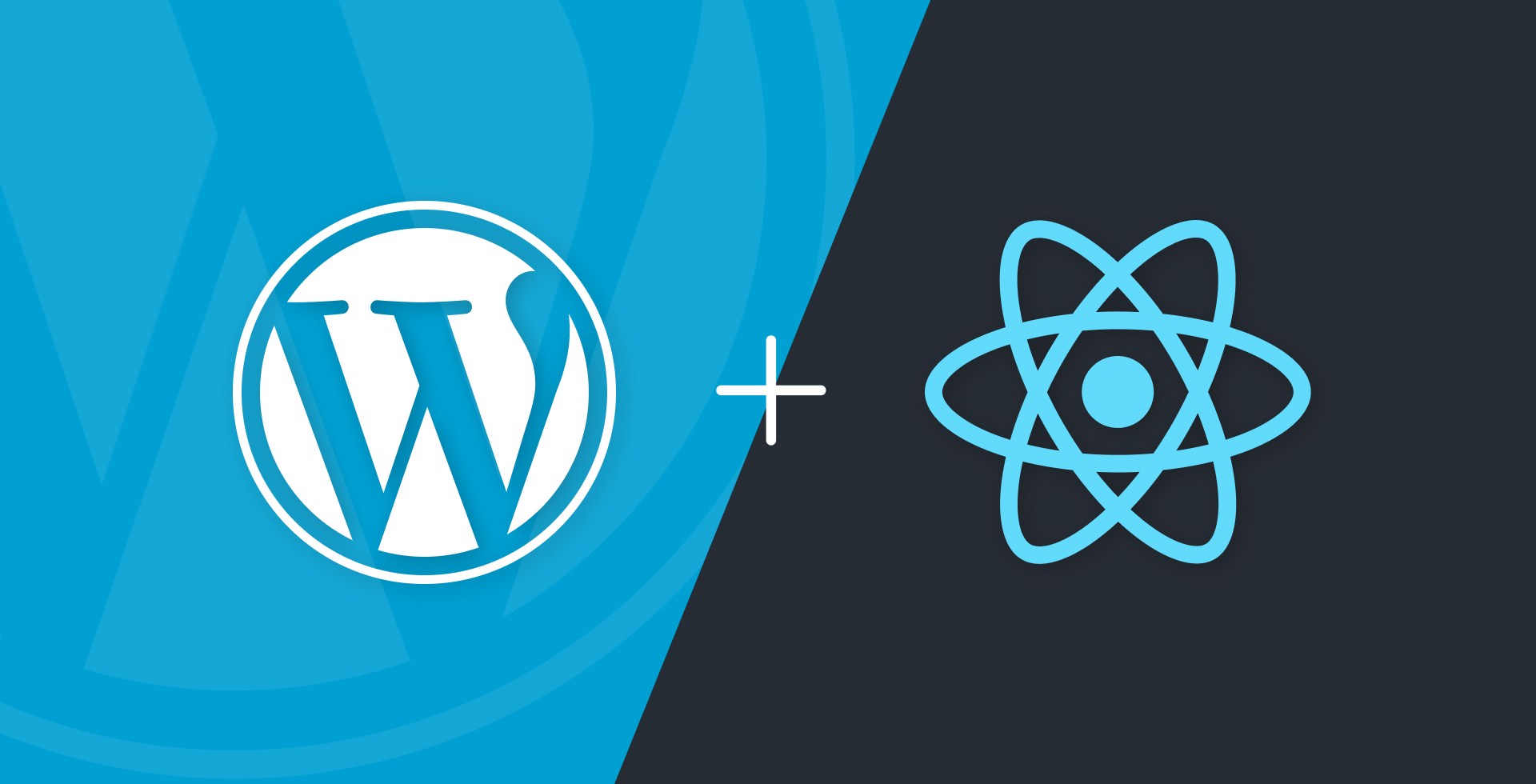
Why Cookie-Cutter Platforms Fall Short
Custom Software Solutions: Why Cookie-Cutter Platforms Fall Short
In today's digital landscape, many companies settle for no-code or low-code solutions like WordPress to quickly launch an online presence. While these tools can be useful for simple websites or MVPs, they often fall short when it comes to handling complex business requirements. Relying on cookie-cutter platforms can lead to severe limitations, scalability issues, and long-term costs as your business grows.
When No-Code is Acceptable
For straightforward projects or small-scale marketing sites, no-code tools may suffice. They offer rapid deployment, ease of use, and cost-effectiveness. However, when your business needs:
- Advanced integrations
- High performance and scalability
- Custom user experiences tailored to your brand
...no-code tools can become a hindrance rather than a help.
The Clear Advantages of Custom-Built Software
1. Scalability & Performance
- Modern JavaScript Frameworks like Angular, React, and Next.js support advanced features like Server-Side Rendering (SSR) and Static Site Generation (SSG) that improve load times and SEO.
- Custom solutions allow you to fine-tune performance, ensuring your application can handle growing traffic and data demands without a hitch.
2. Flexibility & Customization
- Custom development means you build exactly what your business requires. Unlike off-the-shelf platforms that force you into a pre-defined mold, custom solutions let you create unique, branded user experiences.
- Whether you need a complex workflow, real-time data processing, or custom integrations with enterprise systems, a bespoke solution is designed to evolve with your needs.
3. Security & Maintenance
- Dedicated development allows you to implement rigorous security standards and update your application in-house. In contrast, no-code platforms may rely on third-party plugins that could introduce vulnerabilities or compatibility issues.
- Long-term maintainability is critical—when your software is custom-built, you have full control over updates, security patches, and feature enhancements.
4. Future-Proofing Your Business
- Your company's digital needs will evolve over time. A custom solution built with robust frameworks (and a dedicated backend like .NET or NestJS) is far more adaptable and scalable than a one-size-fits-all WordPress site.
- Investing in a custom platform today can save significant time and money in the future, as you'll avoid the pitfalls of costly migrations or workarounds when your requirements expand.
Choosing the Right Tool for the Job
Before starting a project, it's essential to evaluate your requirements:
- Complexity: Does the project demand custom workflows, integrations, or high user engagement?
- Scalability: Will your solution need to handle a rapidly growing user base or complex data operations?
- Customization: Is branding and unique user experience a top priority?
- Long-Term Goals: Do you foresee the need for future integrations, advanced analytics, or multi-platform support?
If the answers lean towards high complexity and scalability, then a custom-built solution using robust frameworks is the clear winner over no-code alternatives.
Conclusion
While no-code tools offer a quick fix for small projects, serious businesses looking for performance, flexibility, and long-term growth should invest in custom software development. Leveraging modern JavaScript frameworks and dedicated backend technologies not only ensures your application meets today's demands—it positions your business for tomorrow's opportunities.
Ready to elevate your digital strategy? Contact Versa Digital Solutions today to learn how our custom software development services can transform your business.

David Kirtland McCutchen
Software Developer with many years in the Defense Sector, Fintech and supporting small-medium sized businesses solve problems.